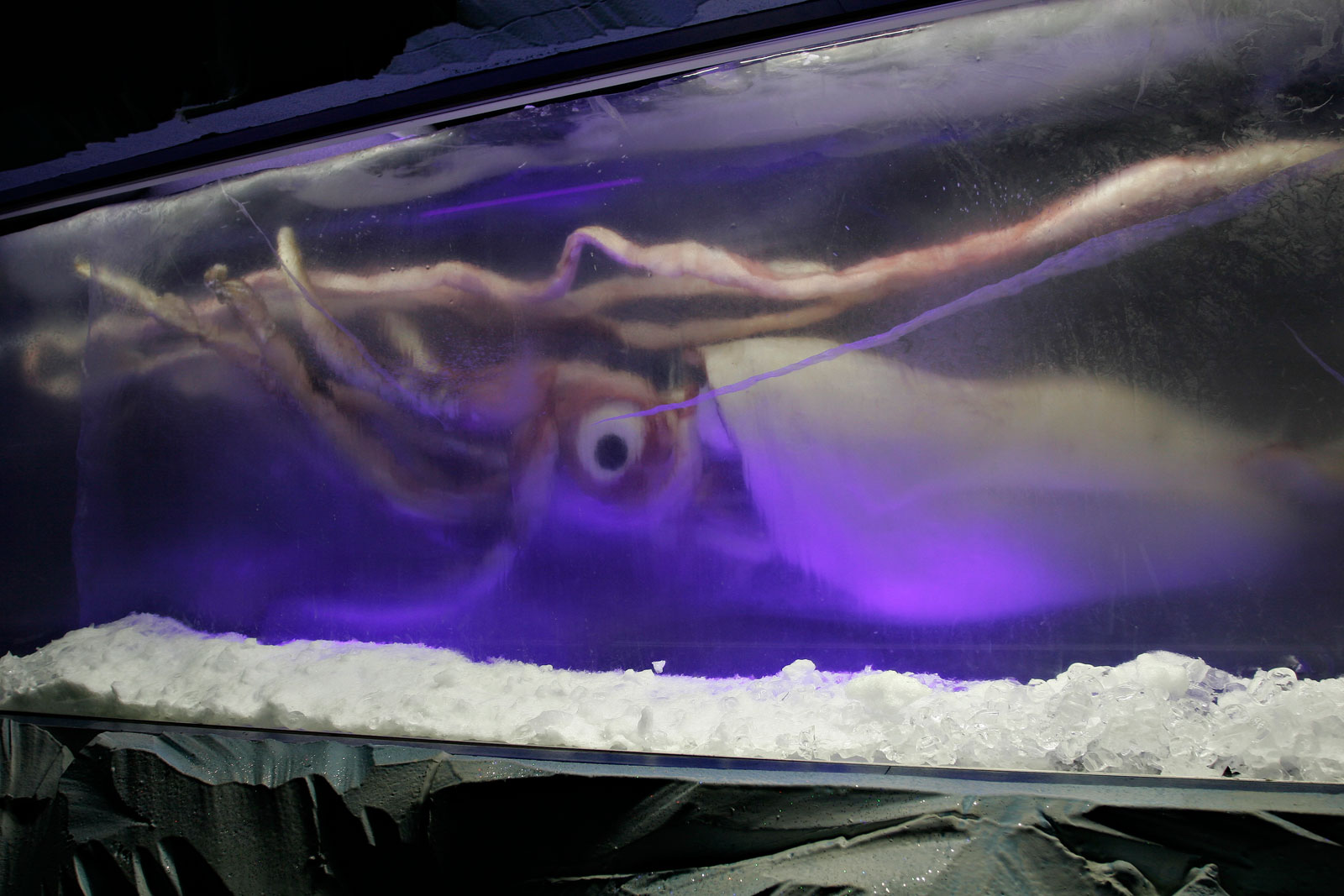It has been nearly two years since the crisis at the Fukushima nuclear reactor in Japan, and though it has long since slipped from the minds of the media and most of the population, there were lessons learned that day that should not be so quickly forgotten. We can’t afford to let our criticisms of nuclear power grow stale and tired. We can’t simply wait around for a catastrophe to strike before we act.
Proponents of nuclear power insist that it is a clean, long-term solution to our energy crisis, that it is an environmentally friendly energy source that will help us combat climate change. What they consistently avoid discussing is the lack of safe disposal sites, which in the long term is actually the most important issue pertaining to nuclear power. It isn’t for lack of trying that we haven’t yet discovered a safe way to store depleted uranium, and yet continue using nuclear power anyway, assuming that somewhere down the road someone else will solve the problem for us. So for now we simply stick the highly dangerous radioactive waste wherever we can, waiting for someone to come up with a viable solution.
What’s really surprising is that many of the people who want to prepare our world for climate change are the same people who are willing to simply pass this problem on to the next generation.
Proponents of nuclear power love what is deemed a “relatively minimal” environmental footprint left by nuclear power. Relatively minimal compared to what, the nuclear bomb itself? The accident at the Chernobyl reactor absolutely devastated the entire region and was the cause of countless cases of cancer and birth deformities. The area surrounding Chernobyl has only returned to a semi-habitable state in the last few years and strong traces of radiation remain to this day, even though the accident took place over twenty-six years ago. Then there was the Three Mile Island reactor accident, which resulted in significant damage to the Susquehanna River.
And how about telling the people in Japan, who two years ago were cowering in their homes for fear of being showered in radioactive rain, about the relatively minimal footprint of nuclear power?
I understand that in the pursuit of a clean energy source certain risks must be taken. But the fact is the massive risk we take when using nuclear power is entirely unnecessary. Advocates for nuclear power might say that if we stopped using it we would be left with only four other energy sources: hydro-electricity, wind, solar, and coal. They may then proceed to list all the inherent problems with the coal industry and how we need to use as little coal as possible. Then they could make the case that we couldn’t possibly power the entire world using nothing but hydro-electricity, solar, and wind, and likely couldn’t even if we continued to use coal as well. These claims are bogus.
There are, in fact, nearly twice that many sources of energy in the world. One is geothermal energy, which taps into the heat generated by the Earth’s core. A lot of people have heard of this, but they don’t realize what a potential gold mine it truly is. The Earth’s core generates tremendous amounts of power. We haven’t invested in this option nearly enough. The environmental effects of large-scale use of geothermal power haven’t been studied as thoroughly as they should for implementation, but they need to be, for it is a cache of energy too great for us to ignore.
Another two forms of energy that are largely obscure and almost entirely untapped are tidal and wave power. These should be pretty self-explanatory, working with turbines in much the same fashion that Manitoba Hydro already does in many of our rivers. Yet we haven’t invested in either of these options at all. Why? Perhaps because it could upset the economic balance that we’ve established and grown comfortable with. We would rather risk nuclear meltdowns and send people down into mines to get black lung than upset the economy by moving over to cleaner, safer, and renewable energy sources. Established corporate energy distributors are constantly lobbying our governments to keep them from investing in budding alternative energy companies. This leaves us with a very environmentally unfriendly economy.
While we have so many energy sources available to us that pose virtually no threat to the environment or to human lives, we have no excuse for engaging in such risky practices. There is no need for another person to ever suffer from radiation poisoning. There is no need for anyone to die in another mine collapse. The people who suffer these fates should weigh on the world’s conscience.





A technical nitpick: uranium that, when inside an operating reactor, is no longer producing enough heat to justify its presence there might well be considered depleted — of energy — but “depleted uranium” is actually something else, something much less radioactive and less dangerous; less so than natural uranium.
The uranium that has become highly radioactive and dangerous, and ceased to be useful, is called spent, not depleted.
Alex Passey says spent uranium from reactors has been being stuck any old place, because no safe storage has been found. If true, this must have been going on for 50 years, going on 60, during nuclear power production that, worldwide, would otherwise have consumed 120 billion barrels of oil. Now, when oil gets spent, it quite often becomes carbon monoxide, which kills; for examples, try the Google News search at tinyurl.com/monoxo .
So here’s a bit of a poser. How has spent fuel uranium that corresponds to oil waste from all those billions of barrels, stored unsafely for so long, managed to completely avoid harming anyone in all that time?
Well, first note that nowhere in the article did I condone the continued use of fossil fuels. I fully recognize that they have had a far harsher impact on the environment than nuclear power has. However, my point is the potential for environmental harm through the continued use of nuclear power. Even barring the idea of accidents such as meltdowns and the like, storage of “spent” uranium is still an issue that has no long term solution. Yes, for now we are storing it relatively safely, but there is only a finite number of places for us to do so. Eventually, we are going to have more uranium than we can store. And besides that, do we really want to have all these deposits of such highly radioactive material sitting all over the place? It’s an unpredictable world we live in, and adding something so volatile to the mix seems needlessly dangerous.